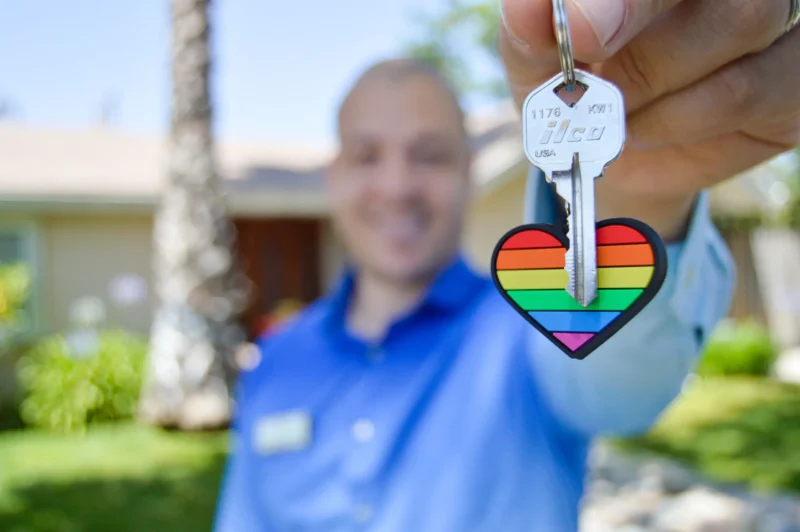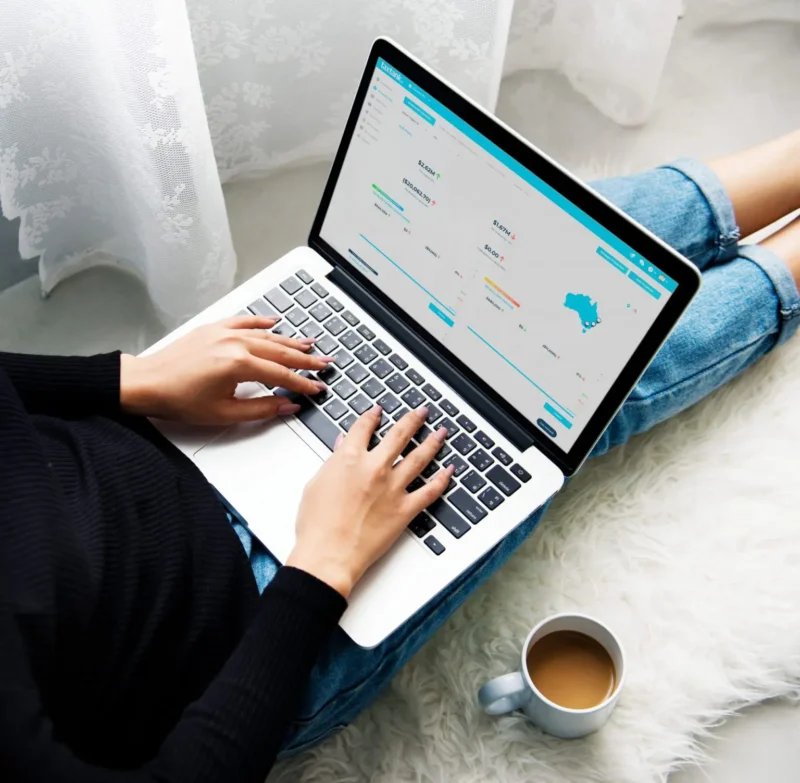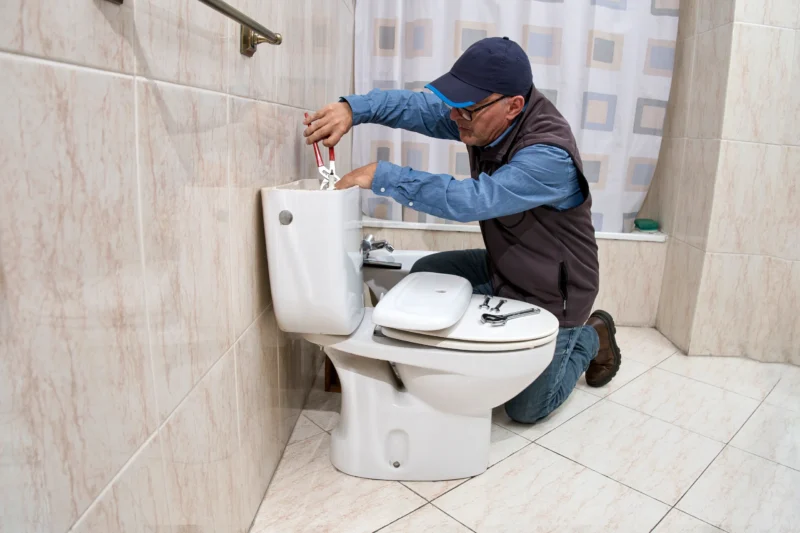Do you want to work hard for your money?
Or do you want your money to work hard for you?
If you’re drawn to property investing, then the latter is probably true for you.
You realise that property investment can build you much greater wealth than trading your time for money. You understand that, although property is one of the biggest and riskiest investments you can make, a solid property portfolio can bring you financial freedom. Evidence for this can be seen in the national median house value, which has risen by 412% over the last 25 years.
On the flip side, just pulling that deposit together to get started can seem impossible, especially with all the information overload! So how do you set yourself up, rather than set yourself back?
The first thing you need is a job
Reliable income is the first box you need to tick, because this is what helps the bank determine your borrowing capacity. A reliable and documented source of income is also going to help you budget and save up for a deposit.
Although it’s possible get an investment loan with as little as 5% deposit, saving at least 20% will help you avoid paying higher interest rates and Lenders Mortgage Insurance (LMI).
It’s worth taking the time to save as much as possible!
Get a guarantor
You need access to funds, but this doesn’t have to be cash. One option is to ask a member of your immediate family to be a guarantor on your loan. If someone agrees to put their name beside yours on a home loan application, their home is then secured against your loan. This means they are legally responsible for paying back the loan if you are unable to. It’s always important to keep on top of your repayments, but even more so when you’re fortunate enough to have a willing guarantor.
If you have no takers on your guarantor proposal, a joint venture could help you get into the property market sooner by leveraging someone else income and equity along with your own.
Use the equity in your existing home
If you already own a home, you’re in a great position to begin your property investment journey. Although buying your first investment property is quite a different experience to buying your first home, you have the advantage of using your home’s equity. Using your existing equity means you don’t have to put any physical cash towards your investment loan deposit.
Your equity is the difference between the value of your property and the outstanding debt on your home loan. If you home is worth $650,000 and the current debt on your home loan is $420,000, then you have $230,000 worth of equity. It’s a common misconception that you can use all your equity to buy an investment property, but in most cases, you can borrow up to 80% of the value of your home.
Clear personal dept, prioritise and budget
If you’re serious about investing, you first need to get serious about is clearing your dept. Minimising any existing personal debt will maximise the amount you’re able to borrow.
Once that’s taken care of, it’s time to get serious about saving.
Saving comes down to cutting costs wherever possible, but it can be a huge challenge while paying rent and bills. If property investment really is a high priority for you, then it will be much easier to sacrifice things that are less important. Affording your first investment property might require some temporary changes to your current lifestyle. This could look like packed lunches and fewer takeaway coffee, or finding clever ways to lower your energy bills. Whatever it takes, focus on your investment goals and get your finances in order ASAP.
Saving tip: Have you ever considered switching banks to get the best interest rate on your savings account? Little changes like this are the kind of thing most of us keep putting off, but every little bit counts! So – go and make the switch today!
Plan for the worst and hope for the best
The property market is always fluctuating, so risks are inevitable. The best thing you can do is be financially prepared for the absolute worst to happen. When property investors fail to plan, they plan to fail; so, plan for interest rates to go up, and plan for the times when you don’t have a tenant. Planning is all about bringing the future into the present so you can do something about it now.
Get very clear on your goals and strategy
Here are some questions to help you get clear on your goals and investment strategy:
- Do I have 100% certainty around what I can borrow?
- Do I know exactly what my cashflow commitments are?
- Have I built in a buffer?
- Do I want long term capital growth or short term cashflow?
- What type of property do I plan to invest in? Is it a house? Is it a unit? Is it a development?
- How will I reduce the ongoing costs of owning the property?
- Is my strategy going to set me up or set me back?
- What kind of home loan would best suit my needs?
- Will this provide enough cashflow without impacting my after tax cashflow?
- Will this investment afford me the lifestyle I want?
- Most importantly – why do I want to invest in property?
Change your mindset
The biggest part of being a successful property investor is having the right mentality, and this includes the initial task of affording your first purchase! Your environment is crucial, so find people who have already achieved the results that you want to achieve.
Rather than make all the mistakes and learn everything the hard way, don’t be afraid to ask questions and take advice from those who inspire you. Practice patience and daily persistance, while cultivating joy throughout every stage of the journey.
Use tax to your advantage
Investing in property can be fun and exciting. If you do it the right way, you can access huge equity gains, great cashflow benefits and many tax deductions. To be successful as a property investor, you need to be 100% tax confident. This is why it’s so important to chat with an investment property tax specialist before you get started.
With access to digital software like TaxTank, it’s now so easy to manage your tax all year round. There has never been a better time to get started as a property investor!





